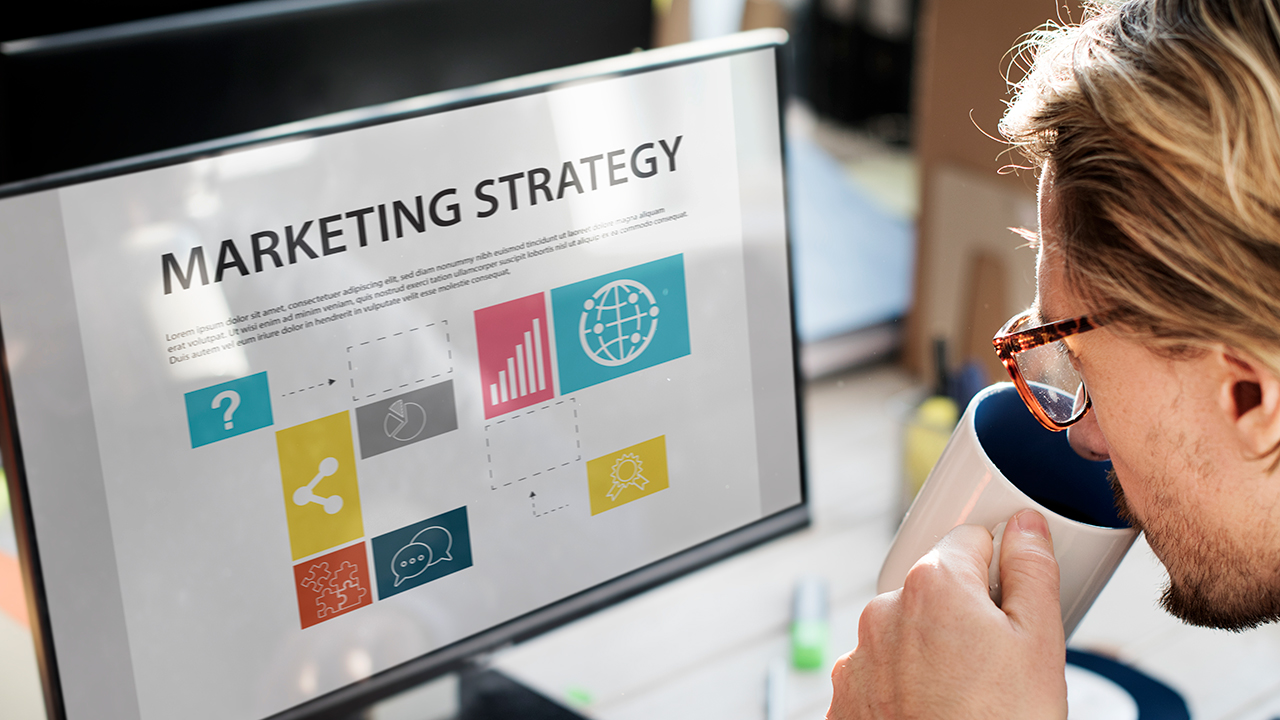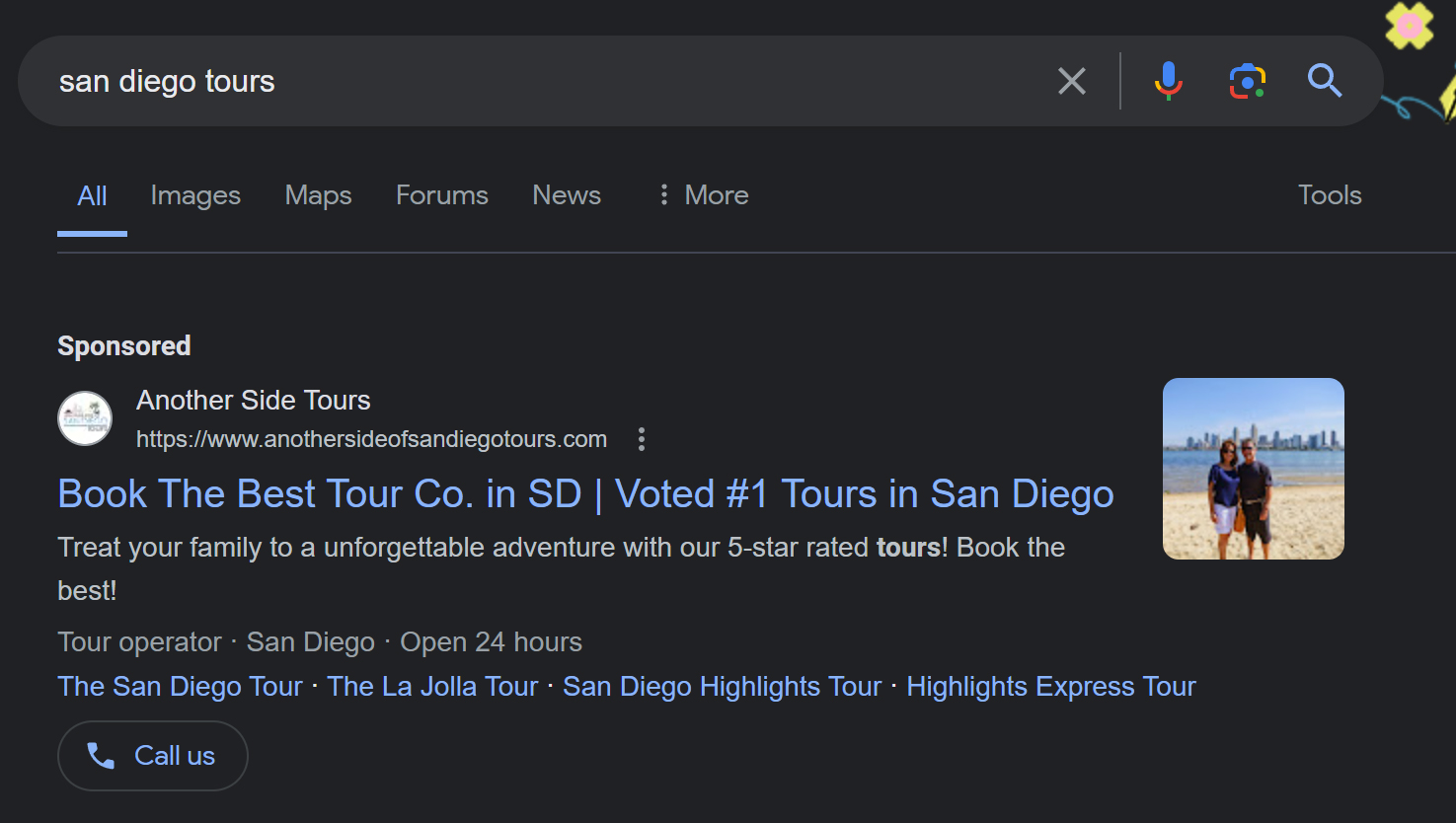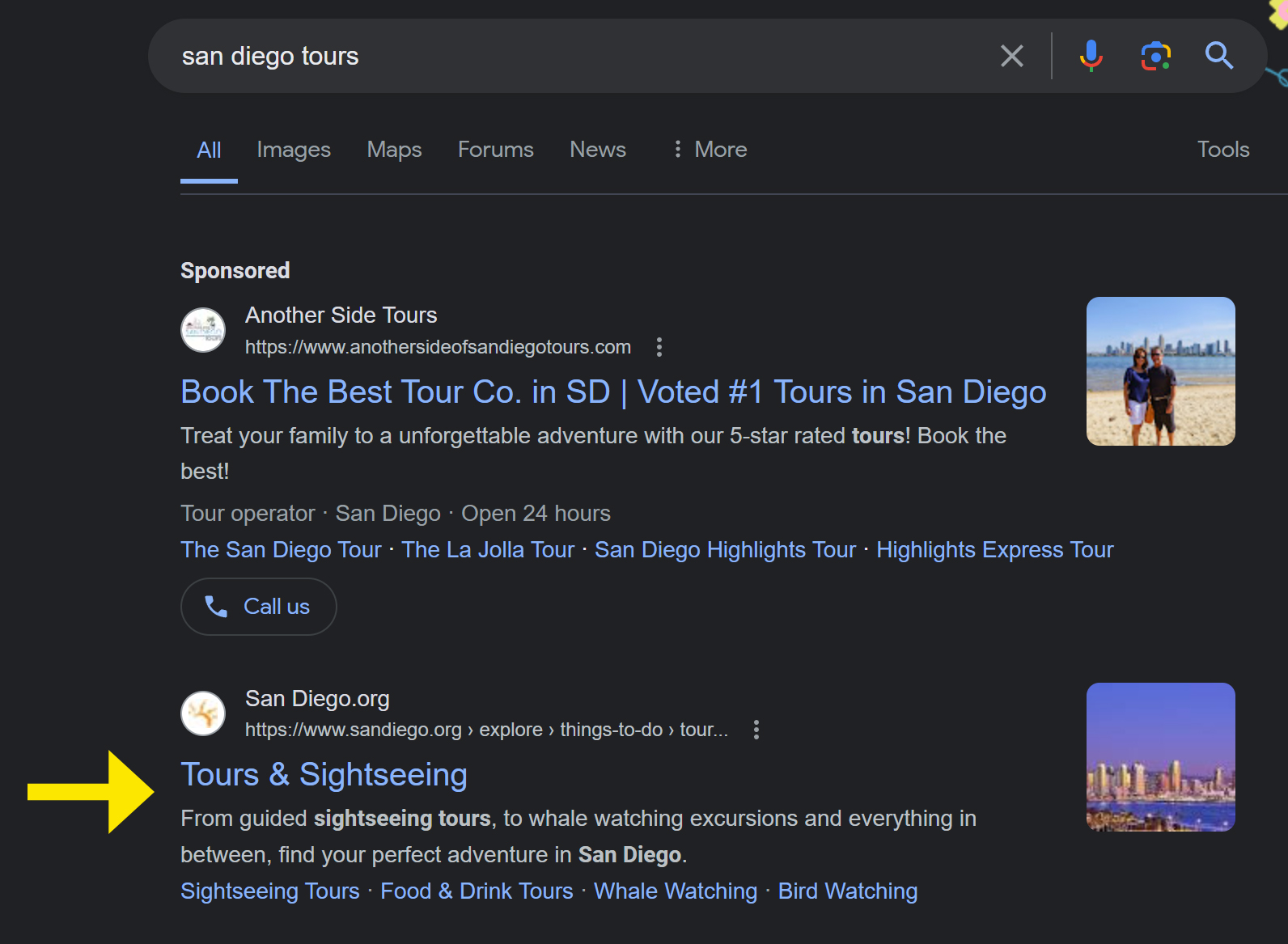In the vast and ever-evolving realm of digital marketing, two heavyweights have been duking it out for the top spot: paid ads and search engine optimization (SEO).
Both have their merits and drawbacks, and choosing between them can feel like picking your favorite flavor of ice cream – it ultimately depends on your taste (or, in this case, your business goals).
So, let’s dive into the ring and explore the pros and cons of each contender to help you make the best decision for your marketing strategy.

Paid Ads: The Flashy Contender
Paid ads, or PPC (pay-per-click), are digital ads where advertisers pay each time their ad is clicked. They appear in search results, websites, and social media, targeting specific audiences based on keywords and demographics to drive traffic and conversions.
Picture this: You’re strolling through the digital landscape, and suddenly, bam! A flashy ad catches your eye, beckoning you to click and explore what lies beyond. That’s the power of paid advertising – it’s like having a billboard in the middle of Times Square, but with laser precision targeting.
You might have noticed that certain top search results are marked with a “Sponsored” label, as seen in the “San Diego tours” search results shown below.

Pros:
- Instant Visibility: Paid ads guarantee instant visibility for your brand. With the right targeting parameters, your ad can reach exactly the audience you want, precisely when you want.
- Flexible Budgeting: Whether you’re a mom-and-pop shop or a multinational corporation, paid ads offer flexibility in budgeting. You can set a daily or lifetime budget that suits your financial capabilities.
- Measurable Results: With detailed analytics, you can track the performance of your ads in real time. This allows you to adjust your strategy on the fly and optimize your campaigns for better results.
Cons:
- Costly Investment: While paid ads can deliver quick results, they can also drain your budget fast. Bidding wars for keywords in competitive industries can skyrocket costs.
- Temporary Visibility: Once you stop paying for ads, your visibility diminishes. It’s like renting a prime spot in Times Square - once your lease is up, your billboard disappears.
- Ad Fatigue: Ever felt annoyed by seeing the same ad repeatedly? That’s ad fatigue, and it can lead to decreased effectiveness over time, especially if your ad creative isn’t captivating enough
Search Engine Optimization (SEO): The Strategic Underdog
Now, let’s shift our focus to SEO – the strategic underdog that plays the long game.
SEO, or search engine optimization, is the process of optimizing a website to improve its visibility and ranking in search engine results. It involves making strategic changes to website content and structure to attract more organic traffic and increase conversions.
Instead of flashy billboards, think of SEO as planting seeds in a fertile garden, patiently waiting for them to grow into towering trees.
The same “San Diego tours” search results depicted below also include an organic search result just below the sponsored ad, thanks to SEO efforts.

Pros:
- Long-Term Investment: Unlike paid ads, the results of SEO efforts are more enduring. By optimizing your website for search engines, you can enjoy consistent organic traffic over time.
- Credibility and Trust: Appearing at the top of organic search results instills trust and credibility in your brand. Many users perceive organic listings as more trustworthy than paid ads.
- Cost-Effective: While SEO requires an upfront investment in time and resources, the ongoing costs are relatively low compared to paid advertising. Once you achieve a high ranking, you can maintain it with regular upkeep.
Cons:
- Slow Results: SEO is a marathon, not a sprint. It takes time to climb the ranks in search engine results, especially in competitive industries.
- Algorithm Changes: Search engine algorithms are constantly evolving, which means your SEO strategy needs to adapt accordingly. What works today may not work tomorrow.
- Uncertain ROI: Unlike paid ads with immediate metrics, measuring the ROI of SEO efforts can be challenging. It’s not always easy to attribute conversions directly to organic search traffic.
The Verdict: It’s a Tie!
In the battle between paid ads and SEO, there’s no clear winner. The right choice depends on your unique business goals, budget, and timeline.
For quick wins and instant visibility, paid ads are your go-to option. But if you’re playing the long game and aiming for sustainable growth, investing in SEO is the way to go.
Ultimately, a well-rounded marketing strategy often incorporates elements of both paid advertising and SEO.
By leveraging the strengths of each, you can create a powerhouse marketing approach that drives results and propels your business to success.
So, instead of picking sides, why not embrace the best of both worlds? After all, in the world of marketing, versatility is key, and with paid ads and SEO in your corner, you’ll be unstoppable.

Ready to Ignite Your Marketing Game?
Whether you’re craving instant visibility with paid ads or aiming for long-term success with SEO, Redideo Studio in San Diego has got you covered.
Our team of experts specializes in crafting tailored marketing strategies that deliver real results.
Don’t settle for one-dimensional marketing tactics – embrace the power of both paid advertising and SEO with us by your side.
Let us help you reach new heights and drive your business forward!
About The Author
With 20+ years in digital media and marketing, Daniel Travers is the visionary of Redideo Studio, a San Diego-based creative agency. His expertise spans digital marketing, website design, video production, social media, and creative services.
Daniel’s collaborative work includes renowned brands such as iHeartMedia, Disney, Lexus, and more.
He holds a BFA in Photo New Media from the Kansas City Art Institute, along with an AAS in Graphic Communications from St. Louis Community College.
Ready to get your business noticed online?
Let’s make it happen – just hit that Book a Meeting button below!

